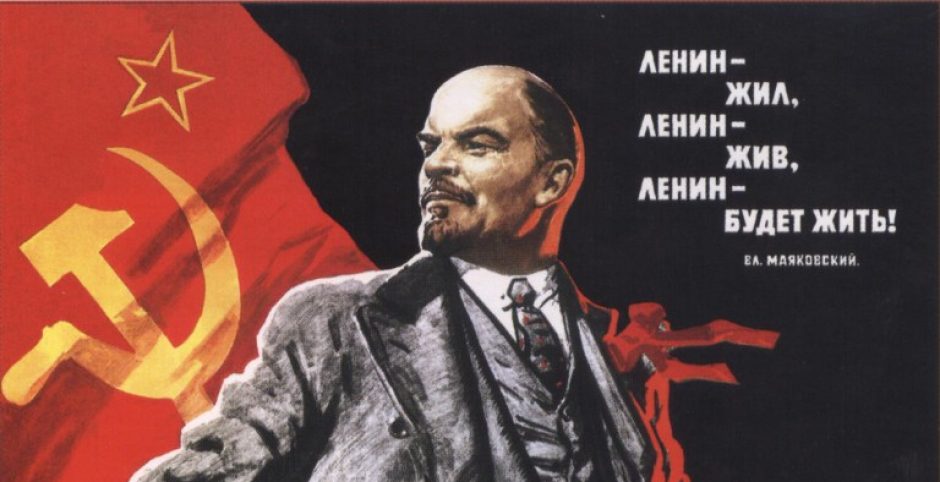In reading Hadji Murat, I was struck by the diversity of people that were mentioned sitting around Vorontsov’s table at Tiflis. Georgian, Armenian, French, and Russian aristocracy wine and dine peacefully. While we have already noted the prevalence of French among the Petersburg nobility and what might be termed the ‘core’ of the Russian nobility, I was struck by the use of both French and Russian as lingua francas in this relatively peripheral environment. But it is not just ethnically French and ethnic Russians using French Manana Orbeliani, a Georgian noblewoman, interjects with “Tout cela est grace a de vous”(Tolstoy 43). I thought this might be an example of elite emulation, wherein the conquered group (Georgians) adopt the behaviors and practices of the conquerers. The interactions between French, Russian, and indigenous languages seems to be telling of the power dynamic between Russia and its Caucasian subjects. The meeting with Nicholas is inaugurated with a conversation in French, for example.There are also examples of linguistic exchange that occupy key moments in the text. When Hadji Murat is about to leave Ivan Matveevich’s house, he responds to a question in Russian, saying “Good-bye! Good-bye!…Kunak bulur. You strong kunak. Time – aida – go” (Tolstoy, 91). In this way, the friendliness of Hadji Murat is portrayed through the introduction of Russian to his speech. A sympathetic and grateful Marya Dmitrievna uses the Tatar “ulan yakshi” (92) when she accepts his burka. Tolstoy also sprinkles in numerous foreign Caucasian words, so much so that a glossary is needed at the back. This seems to be a way of foreignizing the text and speech of Murat, marking it as other. There does seem to be a value judgement attached to the speaking of Avar or Tatar.
It is worth noting that this kind of linguistic hierarchy was not just confined to the Caucasus. Ukraine and the Ukrainian language are accorded lower status, with Bushkovitch saying that “Disagreements among the various layers of Russian bureaucracy over the language issue meant that some Ukrainian language books did appear, and local history and traditions were cultivated in the Russian language.” (Bushkovitch 262) and that “In the Ukrainian cities small groups of intellectuals with a Ukrainian cultural orientation emerged, but they had little impact as yet. The cities remained firmly Russian speaking up to 1917 and after” (Bushkovitch 262) indicating that through both official government pressure and general cultural conformity, the Ukrainian language was marked as lower and unsuitable for public discourse. Similarly, the development of economic and political reform in the Finnish province was accompanied by a mandate “that petitions and other documents to the administration could be presented in Finnish as well as Swedish (Russian was not contemplated). The Finnish peasant deputies, all firm supporters of the Finnish language, were the tsar’s main allies in Finland, against the mostly Swedish-speaking liberals among the urban noble deputies.” (Bushkovitch 257). Increased political agency is accompanied by a promotion of indigenous, and decreased political agency (ie. Ukraine) is accompanied by the shunning of non-Russian, indigenous languages.
